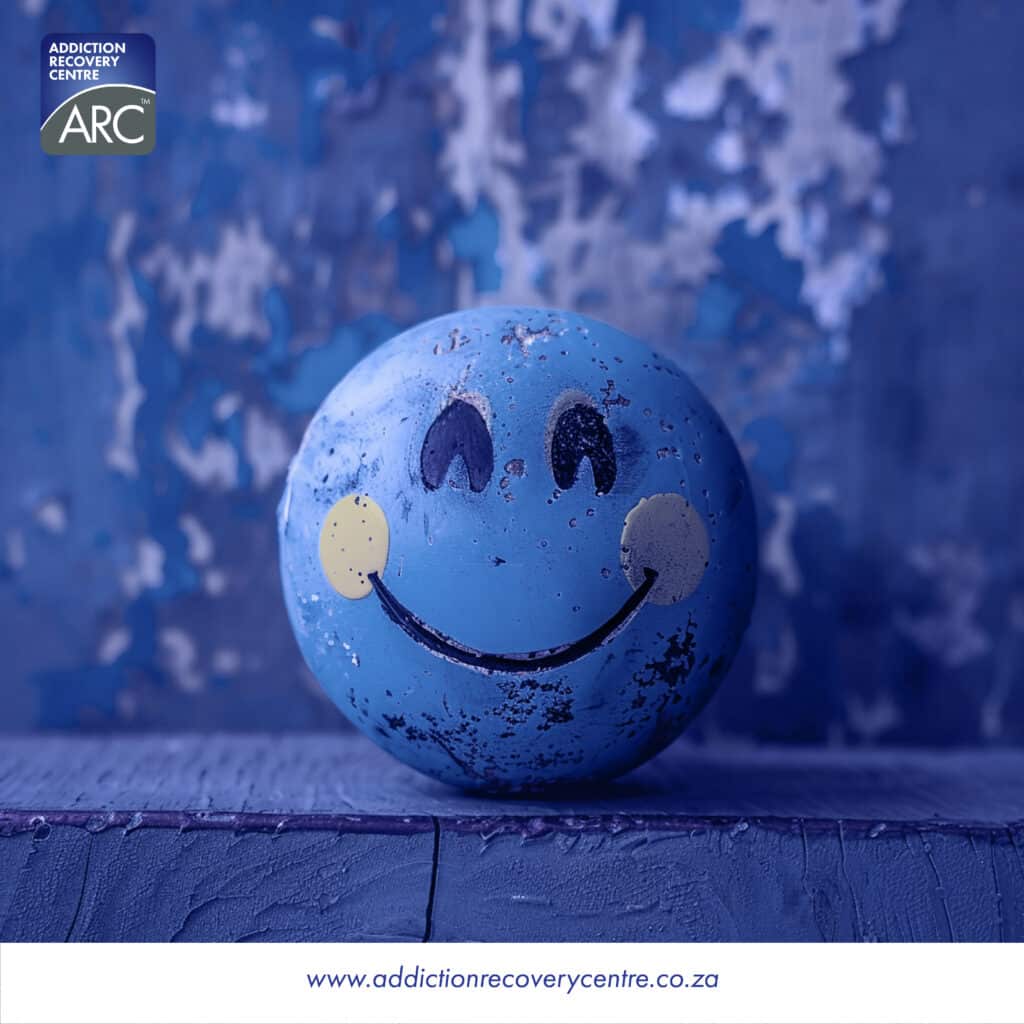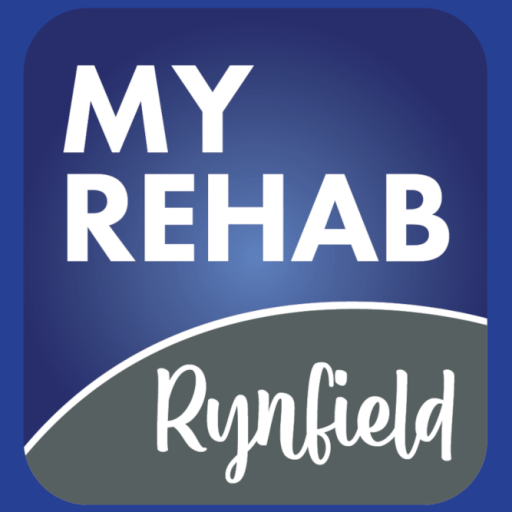
Dual Diagnosis Treatment
Dual Diagnosis Treatment
MyRehab provides thorough dual diagnosis treatment that effectively addresses both mental health and substance use disorders. By integrating proven therapies like Cognitive Behavioral Therapy and compassionate care, you’ll find support tailored to your unique journey. This approach not only manages your symptoms but also fosters a nurturing environment to trust and share your experiences. You’ll work with a dedicated team that focuses on your individual needs, paving the way for lasting recovery. There’s more to explore about how MyRehab can assist you.
Understanding Dual Diagnosis: The Connection Between Mental Health and Substance Use
When you explore the concept of dual diagnosis, you’ll find that it refers to the coexistence of mental health disorders and substance use disorders. This connection can complicate recovery, as one condition often exacerbates the other. For instance, if you struggle with anxiety and use alcohol to cope, you’re caught in a cycle that makes both issues tougher to manage. Recognizing this relationship is vital for your understanding of treatment options. You may notice that certain symptoms overlap, making it hard to distinguish between the two disorders. It’s important to approach dual diagnosis holistically, as addressing both aspects can lead to more effective recovery strategies. By acknowledging this connection, you can better navigate your journey toward healing and wellness. The holistic approach at MyRehab emphasizes the importance of treating both addiction and mental health issues simultaneously.
The Importance of Integrated Treatment Approaches
Integrated treatment approaches are essential for effectively addressing dual diagnosis, as they simultaneously target both mental health and substance use disorders. When you engage in integrated treatment, you’re not just managing symptoms but also understanding how these issues interact. This holistic method allows you to receive tailored care that meets your unique needs. By addressing both conditions together, you’re more likely to experience improved outcomes and reduce the risk of relapse. Integrated treatment fosters collaboration among healthcare providers, ensuring everyone is on the same page about your progress. You’ll benefit from coordinated therapies that enhance your overall well-being, making it easier to navigate the complexities of recovery. Embracing this approach can markedly increase your chances of achieving lasting change, especially when supported by a multidisciplinary treatment team that addresses all aspects of your care.
Evidence-Based Therapies Used in Dual Diagnosis Treatment
While steering through the complexities of dual diagnosis, it is crucial to explore evidence-based therapies that effectively address both mental health and substance use disorders. Cognitive Behavioral Therapy (CBT) is one powerful option, helping you identify and modify negative thought patterns. Dialectical Behavior Therapy (DBT) focuses on emotional regulation and interpersonal skills, equipping you with tools to manage distress. Motivational Interviewing (MI) enhances your readiness for change by exploring ambivalence. Additionally, contingency management reinforces positive behaviors with tangible rewards, making progress more achievable. Integrating these therapies creates a thorough treatment plan tailored to your unique needs. By relying on proven methods, you can work toward recovery with greater confidence and clarity, setting a strong foundation for lasting change.
The Role of Compassionate Care in Recovery
Effective therapies like CBT and DBT lay the groundwork for recovery, but compassionate care plays an equally essential role in the healing process. When you feel genuinely cared for, it creates a safe space where you can openly share your struggles. Compassionate care fosters trust between you and your treatment team, making it easier to engage in therapy. It encourages vulnerability, allowing you to confront your emotions without fear of judgment. This nurturing environment can greatly enhance your motivation and commitment to recovery. Furthermore, compassionate caregivers recognize the unique challenges you face, offering support tailored to your needs. Ultimately, this empathetic approach not only aids in overcoming addiction and mental health issues but also promotes lasting change in your life.
Tailoring Treatment Plans to Individual Needs
When it comes to dual diagnosis treatment, tailoring your treatment plan to meet your individual needs is crucial for achieving lasting recovery. Everyone’s journey is unique, and your plan should reflect that. By evaluating your specific mental health challenges and substance use history, professionals can create a customized approach that addresses both issues simultaneously.
You might need a combination of therapy types, medication management, and holistic practices, depending on what works best for you. Regular check-ins can guarantee your plan evolves as you progress. This personalized strategy not only enhances engagement but also empowers you to take charge of your recovery. Ultimately, focusing on your individual needs helps lay a solid foundation for a healthier future.
Empowering Individuals on Their Journey to Recovery
Empowering you on your journey to recovery means recognizing that you hold the key to your own healing. You’re not just a participant; you’re an active player in reshaping your life. By understanding your unique challenges and strengths, you can take charge of your treatment plan. Engaging with supportive communities and professionals can provide guidance, but ultimately, the decisions are yours. Embrace your progress, celebrate small victories, and remain patient with yourself. It’s okay to stumble; what matters is your commitment to rise again. Remember, recovery isn’t a straight path, but a personal journey filled with growth. Trust in yourself, lean on your support system, and keep moving forward. You’ve got this!
Frequently Asked Questions
What Types of Professionals Are Involved in Dual Diagnosis Treatment?
In dual diagnosis treatment, you’ll encounter various professionals like psychiatrists, psychologists, social workers, and addiction counselors. They collaborate to address both mental health and substance use disorders, ensuring you receive thorough care tailored to your needs.
How Long Does Dual Diagnosis Treatment Typically Last?
Dual diagnosis treatment typically lasts anywhere from a few weeks to several months, depending on your individual needs and progress. You’ll engage in therapy, medication management, and support groups to help you on your recovery journey.
Are Family Members Involved in the Treatment Process?
Yes, family members often play a vital role in the treatment process. They can provide support, understanding, and encouragement, which helps you build a stronger foundation for recovery and enhances the overall treatment experience.
What Should I Bring to My First Appointment?
For your first appointment, bring any identification, insurance information, a list of medications, relevant medical records, and any questions you have. It helps to be prepared and guarantees you get the most from your visit.
Is Dual Diagnosis Treatment Covered by Insurance?
Insurance coverage for dual diagnosis treatment varies by provider and plan. You should check with your insurance company to confirm what’s included. They can clarify coverage details and any potential out-of-pocket costs you might face.
Addressing dual diagnosis requires a compassionate and integrated approach to treatment. By understanding the connection between mental health and substance use, you can empower yourself on your journey to recovery. With evidence-based therapies tailored to your individual needs, you’ll find a path that fosters healing and growth. Remember, you’re not alone in this process; support is available, and recovery is possible. Take that step forward and embrace the journey ahead.
